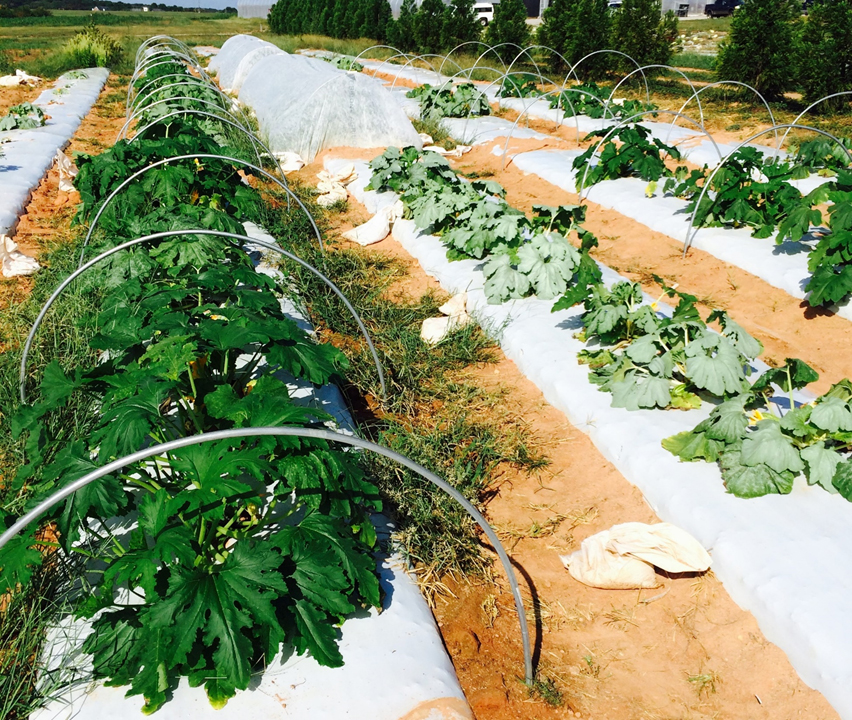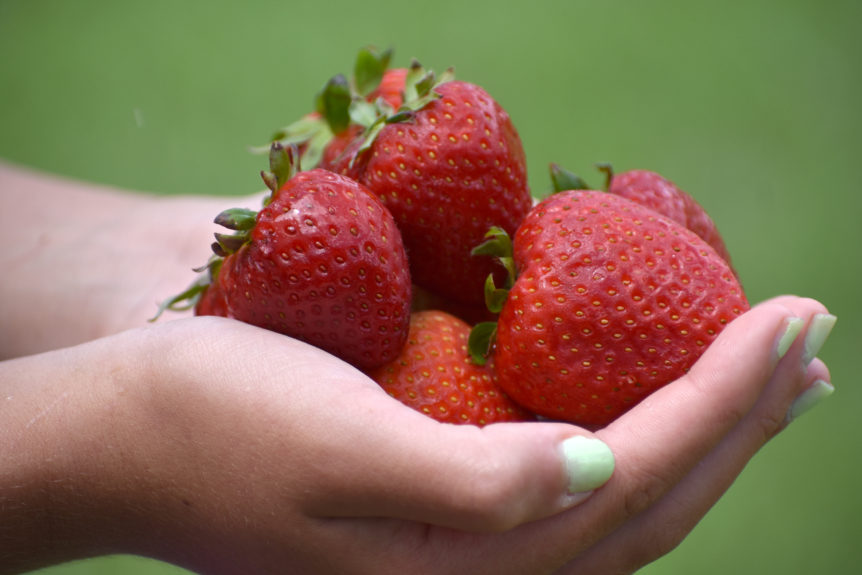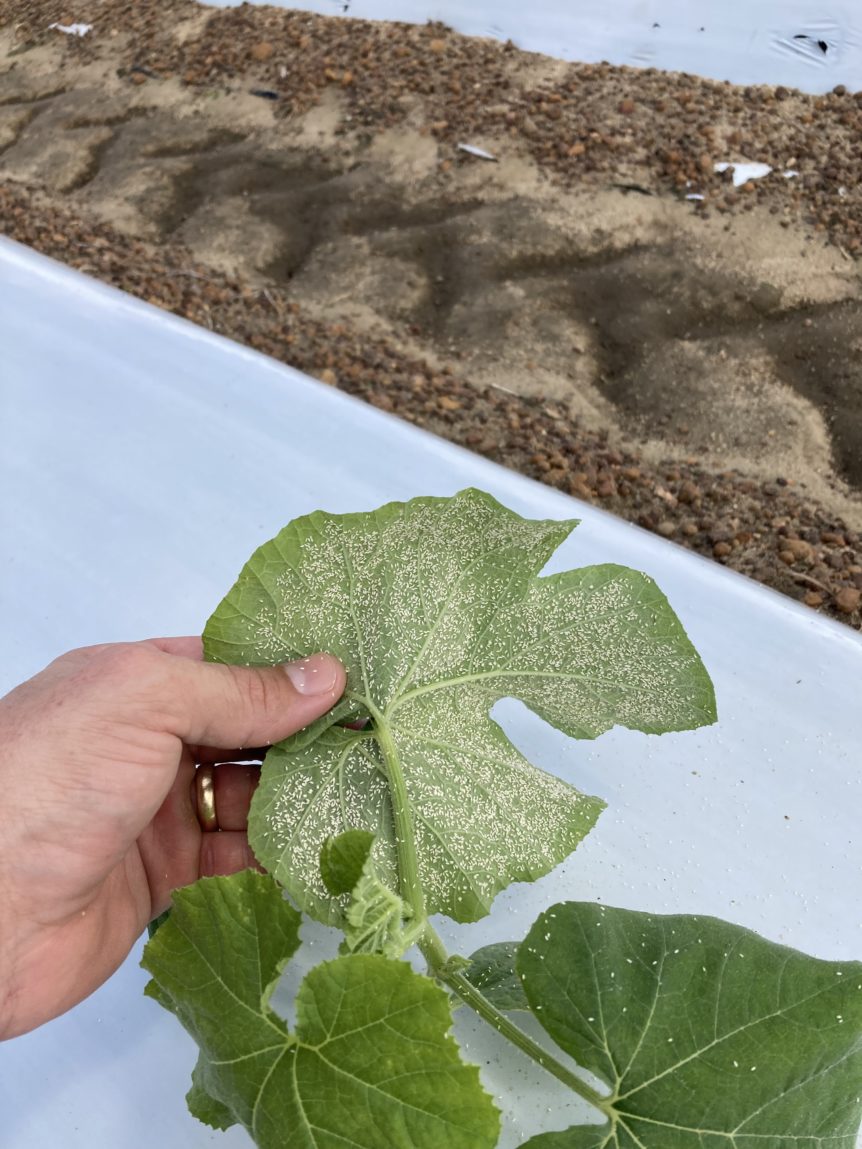By Natalia A. Peres and Vance Whitaker As the Florida strawberry season comes to an end, it is a good time to reflect on what has been learned over the past five years about managing the emerging disease caused by the fungus Neopestalotiopsis sp. This fungus has been present for as long as strawberries have been grown but was considered …
Neopestalotiopsis Management: Send in Samples to Ensure Disease is Present
By Clint Thompson Neopestalotiopsis Fruit Rot in Florida strawberries is inevitable this year, based on previous years of production. But because symptoms manifest themselves similarly to other diseases, growers need to make sure the disease is actually present in their fields before taking action. Vance Whitaker, strawberry breeder at the University of Florida Gulf Coast Research and Education Center, encourages …
SWD Impact: Management Key in Controlling Blueberry Pest
According to the University of Georgia Extension Integrated Pest Management blog, a statewide survey of the spotted wing drosophila (SWD), an invasive and costly pest of blueberries, is underway in Georgia. Its purpose is to confirm reports and to develop a distribution map throughout the state. SWD was first found in Georgia in 2010 and can cause up to 20% …
Organic Management Methods for Squash Pests
By Ayanava Majumdar, Rammohan Balusu and Neil Kelly Many pests feed on squash from seedling to harvest. They are generally broken down into two groups: the chewing insects and the sucking insects. Chewing insects of squash consist of common pests like cucumber beetle, squash vine borer larva and pickleworm. Sucking insect pests consist of aphids, squash bugs and whiteflies. The …
Organic management methods for squash pests
By Ayanava Majumdar, Rammohan Balusu and Neil Kelly Many pests feed on squash from seedling to harvest. They are generally broken down into two groups: the chewing insects and the sucking insects. Chewing insects of squash consist of common pests like cucumber beetle, squash vine borer larva and pickleworm. Sucking insect pests consist of aphids, squash bugs and whiteflies. The …
Pest and Disease Management for Organic Squash
By Elizabeth Little Organic vegetable production has been steadily increasing in Georgia. Growers offer a wide variety of high-quality produce, especially during the cooler months from October to June. However, summer production can be challenging due to the proliferation of pests and diseases on non-adapted crops. Both summer and winter squash can be plagued by many pests and diseases, and …
Risk Takers: What Strawberry Growers Should Remember About Neopestalotiopsis
By Clint Thompson The serious threat of Neopestalotiopsis disease in strawberry plants this fall means growers need to be aware of the management options at their disposal. Natalia Peres, professor of plant pathology at the University of Florida Institute of Food and Agricultural Sciences (UF/IFAS) Gulf Coast Research and Education Center, discussed the available options for producers who risked this …
Correct Diagnosis Needed to Differentiate Phytophthora From Neopestalotiopsis
By Clint Thompson Strawberry production is underway across the Southeast. Though much of the region is in the midst of prolonged dry conditions, disease management figures to play a pivotal role for growers in Florida, Georgia and Alabama. One disease that producers need to be mindful of is phytophthora. Amid the overwhelming concerns farmers had about neopestalotiopsis prior to planting …
South Florida Pest and Disease Hotline: Whitefly Population Levels Vary
Whitefly populations remain concerning throughout central and southern Florida, according to the South Florida Pest and Disease Hotline. Despite low whitefly populations in watermelon in central Florida, virus incidence is in medium to high range. In Southwest Florida, scouting reports indicate low whitefly populations in beans and watermelon. Virus incidence in watermelon is in the medium to high range despite …
NCDA&CS Extends Deadline for Private Pesticide Applicators Seeking Recertification
RALEIGH – Due to the impact of Hurricane Helene on pesticide training and recertification in North Carolina, private pesticide applicators statewide will have until Dec. 20 to meet their recertification requirements. “We made the decision to extend the deadline to give private pesticide applicators more time to obtain their recertification because we knew those in the impacted counties would likely …














